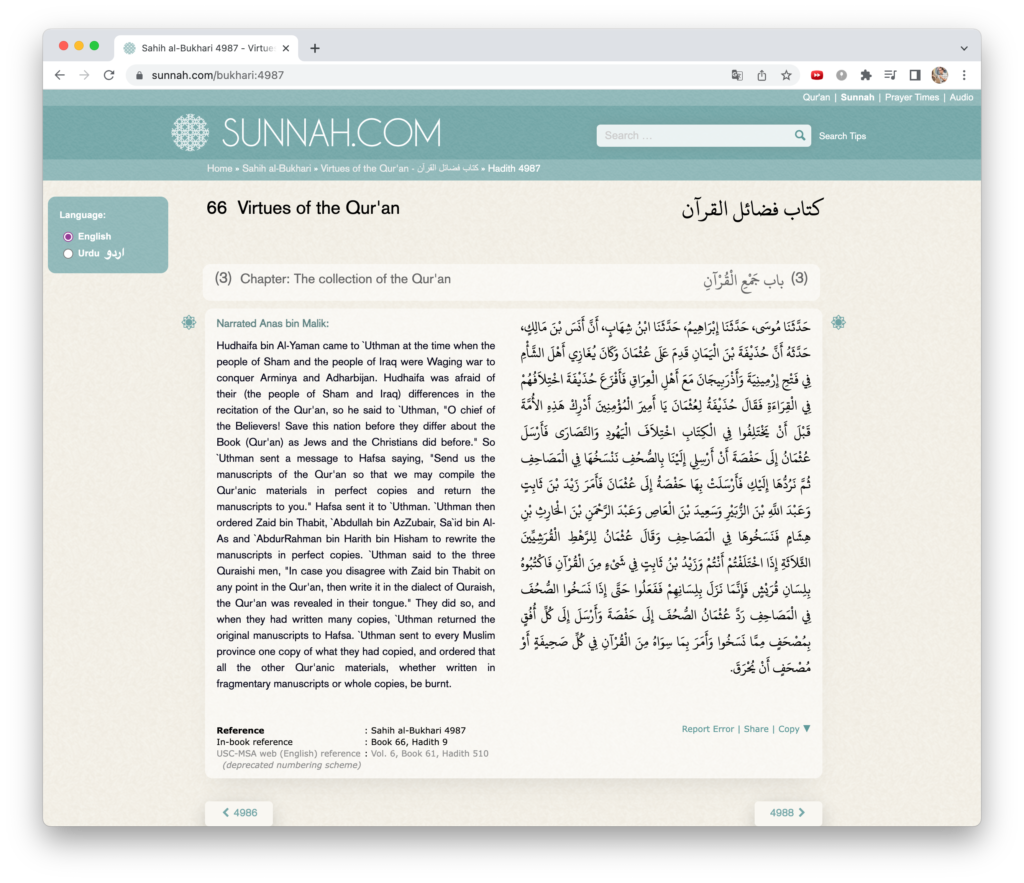How to Manage Grief, Self-Care, and the Final Arrangements of a Loved One
Another guest post by Beverly Nelson…

Finding out your loved one has a terminal diagnosis is one of the most painful, shocking moments you can experience. When making arrangements for your loved one, you need to think of medical care, legal help, and your well-being. It is a difficult and delicate balance, but it is an important one that you can strive towards. Restless Pilgrim has some suggestions for managing your grief, your loved one’s needs, and your personal well-being.
Start With Medical Arrangements
During the final stages of a terminal illness, you have to accept that your loved one is reaching the end of his or her life. Not only do you have to deal with daily care practices, but you have to make end-of-life decisions.
Medical arrangements should be practical first. For example, if your loved one cannot talk, eat or walk, you may need a medical professional or team to provide 24/7 support. Remember that even those who suffer from memory or cognitive problems still experience the same range of emotions they always did. You need to make plans to ease pain and discomfort, along with enhancing his or her quality of life.
In the final stages, your loved one has the option of hospice care. Hospice care can occur in a hospital, care facility, hospice center, or home. Often, people decide to have hospice care in the comfort of their homes. The point of hospice care is to treat a person’s symptoms rather than the disease.
If you do not live near your loved one, you might consider renting a house or apartment during this process. Smaller apartments in the San Diego area start at around $2,400. You might find it to be more cost effective to rent a small unit than to stay in a hotel for weeks or even months during this process.
Consider the Legalities
When it comes to legal matters involved with end-of-life arrangements, you need to make sure your loved one has a living will and power of attorney. According to the Consumer Financial Protection Bureau, power of attorney allows a person to choose a trustworthy person to act if he or she cannot. A power of attorney may be financial or medical. If your loved one has a brain injury or other condition that affects mental function, then someone needs to be able to make decisions on his or her behalf.
A living will, on the other hand, provides a guide for doctors and health care providers and peace to family members and loved ones. The living will include whether a person wants to be given life-saving measures or if he or she wants to be on life support. For end-of-life documents, work with an attorney who specializes in estate planning. They can help ensure you have the right paperwork and provide the legal counsel you need.
Prepare for What Happens After
What will you do after your loved one passes? Do you plan to sell his or her belongings? Will you sell the house? When selling the house, you need to prepare the property for the market. If you want to make the most out of the home, it needs to be in the best possible shape.
The more effort you put into the home, the more likely potential buyers will appreciate it. Most people don’t want a home that requires extensive repairs. Have an inspection performed to find out what types of repairs are required. Make sure that you don’t have any cracked pipes, damaged windows, or problems with the roof. Additionally, try to create a clutter-free and neutral environment. Potential buyers need to be able to see themselves in the home.
If you choose to keep the home, you may want to refinance, especially if you believe the home has increased in value over the years. Look online for the best cash out refinance rates if your loved one has large medical bills or other expenses that you would like to pay off with money from the house. There are financial penalties, but you can cash out part of the equity and possibly still lower the monthly mortgage payment, too.
Don’t Forget Your Emotional Well-Being
Your emotional well-being is important to your overall health. During times of emotional distress, you are more likely to deal with illness. You can find some relief, however, in a variety of coping strategies, including:
- Journaling
- Meditating
- Therapy
You may find it more difficult to focus on the needs of your loved one if you do not prioritize your own.
Coping with a loved one’s terminal illness is a trying time for all individuals involved. Having a plan to deal with the legal, emotional, and medical aspects can help ease some stress. Start by managing your loved one’s medical needs, and then focus on the grief and belongings that will remain. And if you are a spiritual person, reaching out to a higher power could bring you comfort and even reduced anxiety. Restless Pilgrim has resources to help you reach out through prayer. Visit them online to begin your spiritual journey during this difficult time.


